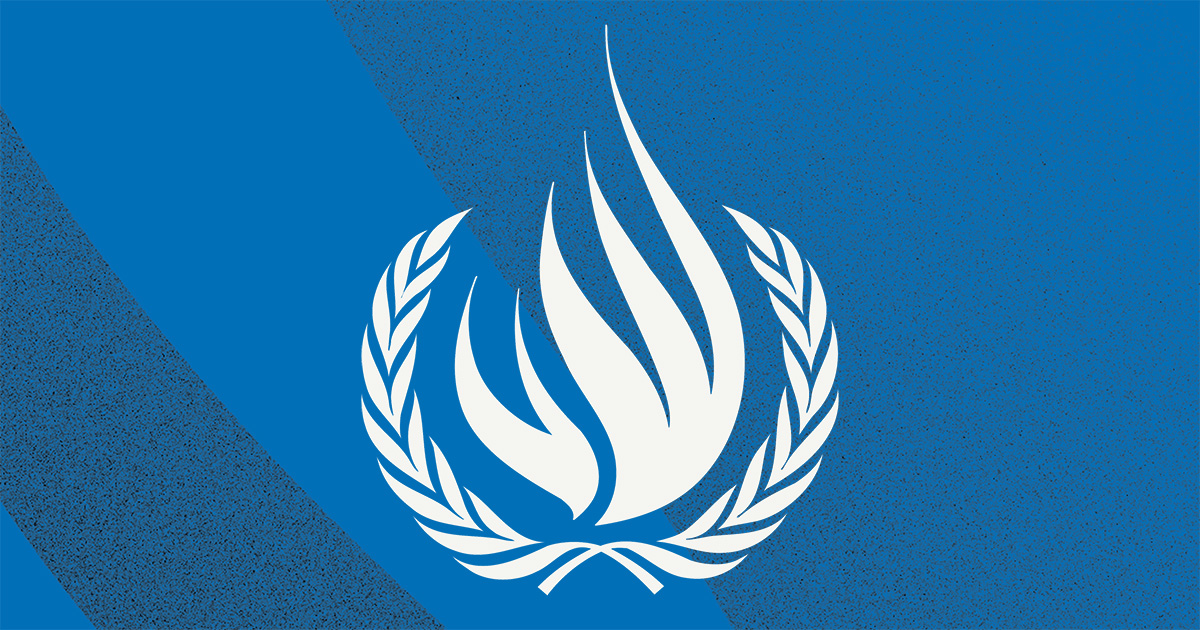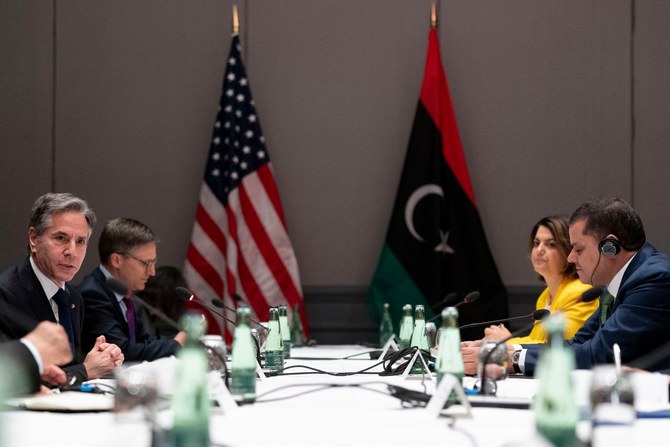
Hong Kong"s incoming Catholic bishop said on Tuesday he will pray for the victims of China"s 1989 crackdown on pro-democracy protesters in and around Beijing"s Tiananmen square, but whether he could do that in a public venue depends on the city"s laws.
Pope Francis on Monday named Stephen Chow, 61, head of Hong Kong"s Jesuit order, after a long delay. Chow will officially take the helm of the Diocese on Dec. 4.
He inherits a flock divided between those wanting the diocese to fight for Hong Kong"s waning freedoms amid an increasingly authoritarian grip by China, and others, including some powerful establishment figures, who want a less confrontational approach. read more
The Catholic church in Hong Kong has traditionally played an active role in the city"s commemorations of the Tiananmen crackdown. Such activities are banned in China, where the subject is extremely sensitive.
In his first public remarks since being appointed, Chow said there were different ways to commemorate June 4, noting in the past he has participated in public events and at other times he could not attend them.
"I pray, I pray for China, I pray for all those who have passed in 1989, from all walks of life. Whether this year it is possible (to do it in public) it depends on legal requirements."
The former British colony traditionally held the largest vigils globally every year, having been promised certain freedoms when it returned to Chinese rule in 1997, including rights of expression and assembly.
Last year was the first in which the vigil was banned in the global financial hub, with police citing coronavirus restrictions on group gatherings. This year"s protest is expected to face a similar fate.
Still, tens of thousands of people lit candles across the city in what was largely a peaceful event last June, bar a brief skirmish with riot police in one neighbourhood.
Last year"s anniversary struck an especially sensitive nerve, just as Beijing prepared to introduce a sweeping national security law, criminalising anything China sees as subversion, secession, terrorism or collusion with foreign forces.
This year, the event is particularly awkward for Beijing, which celebrates the 100th anniversary of the Communist Party on July 1.
Reuters reported in December growing concerns among senior clergy in Hong Kong that Beijing was trying to extend its control over the city"s diocese.
Chow said the city, a strong Catholic beachhead on the edge of a mainland China under officially atheist Communist Party rule, could attempt to heal its divisions through dialogue, saying "unity is not the same as uniformity".
"How can we bring healing? ... I"m listening. It"s fundamental."












